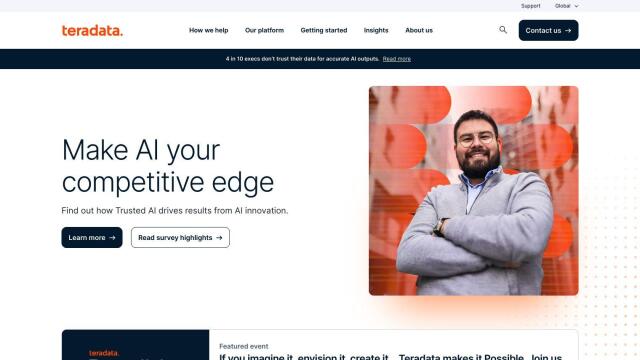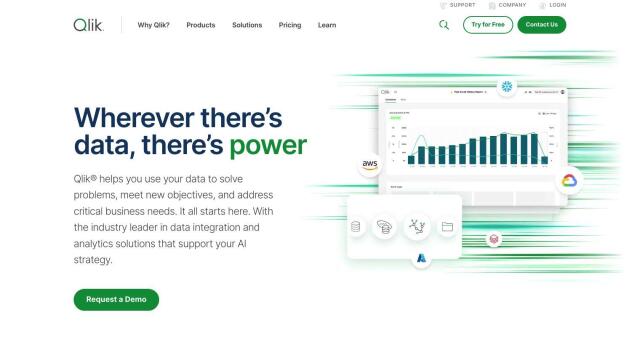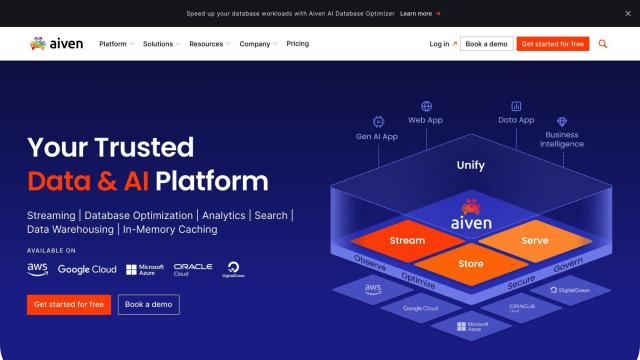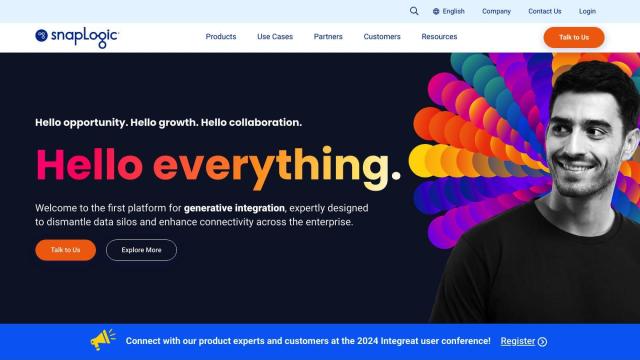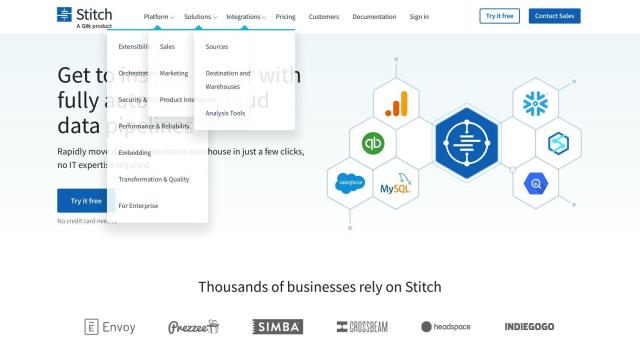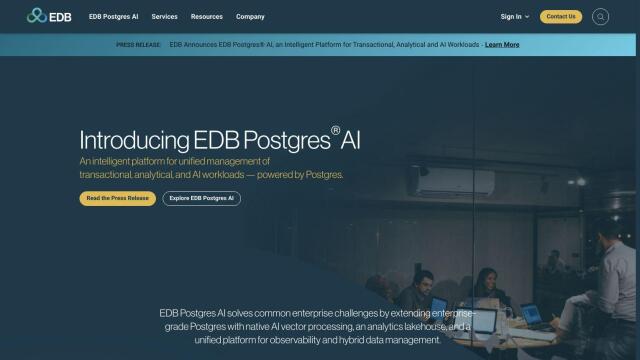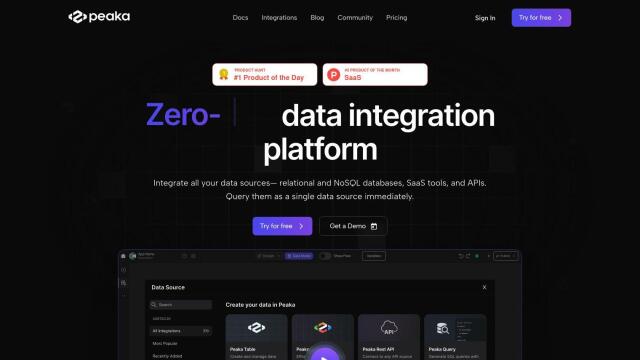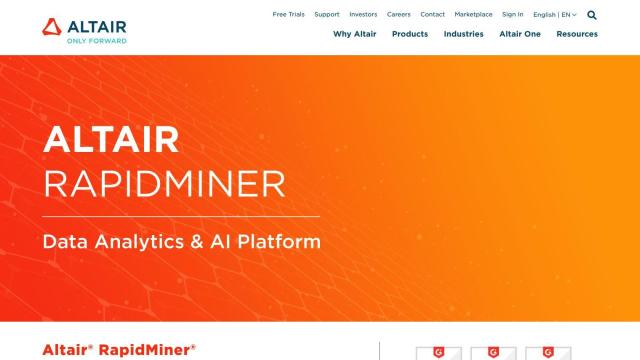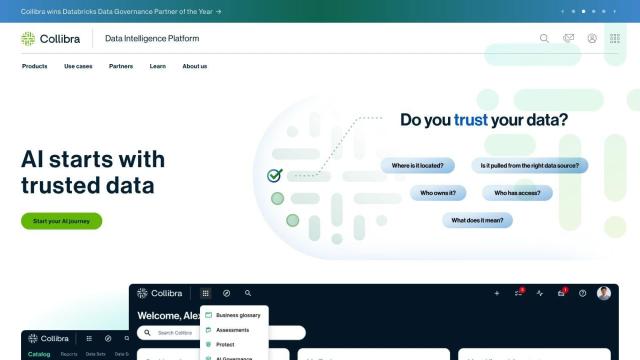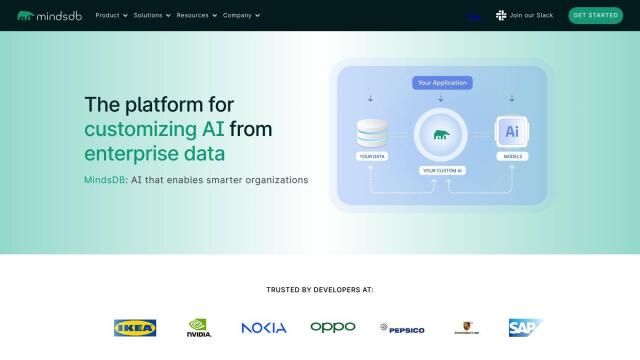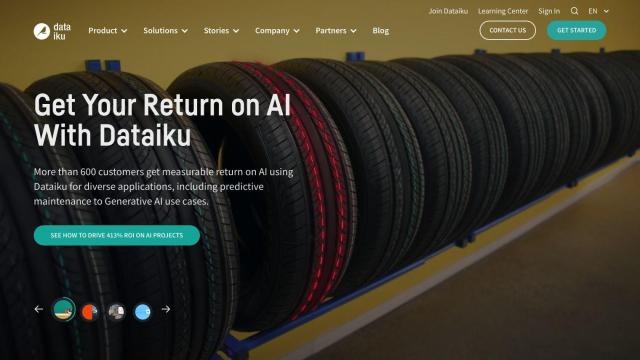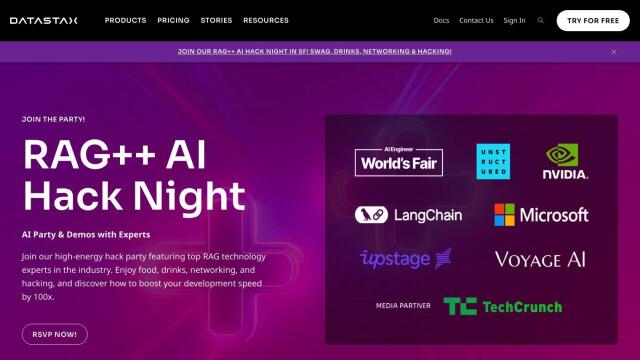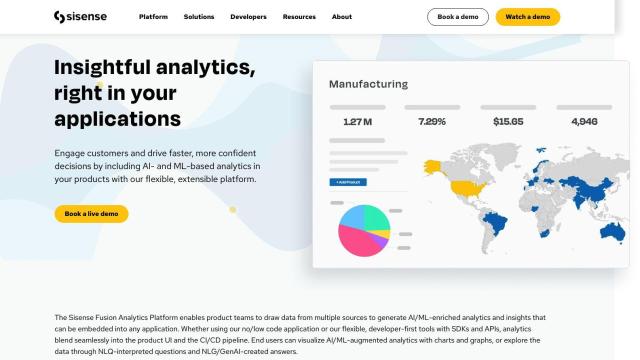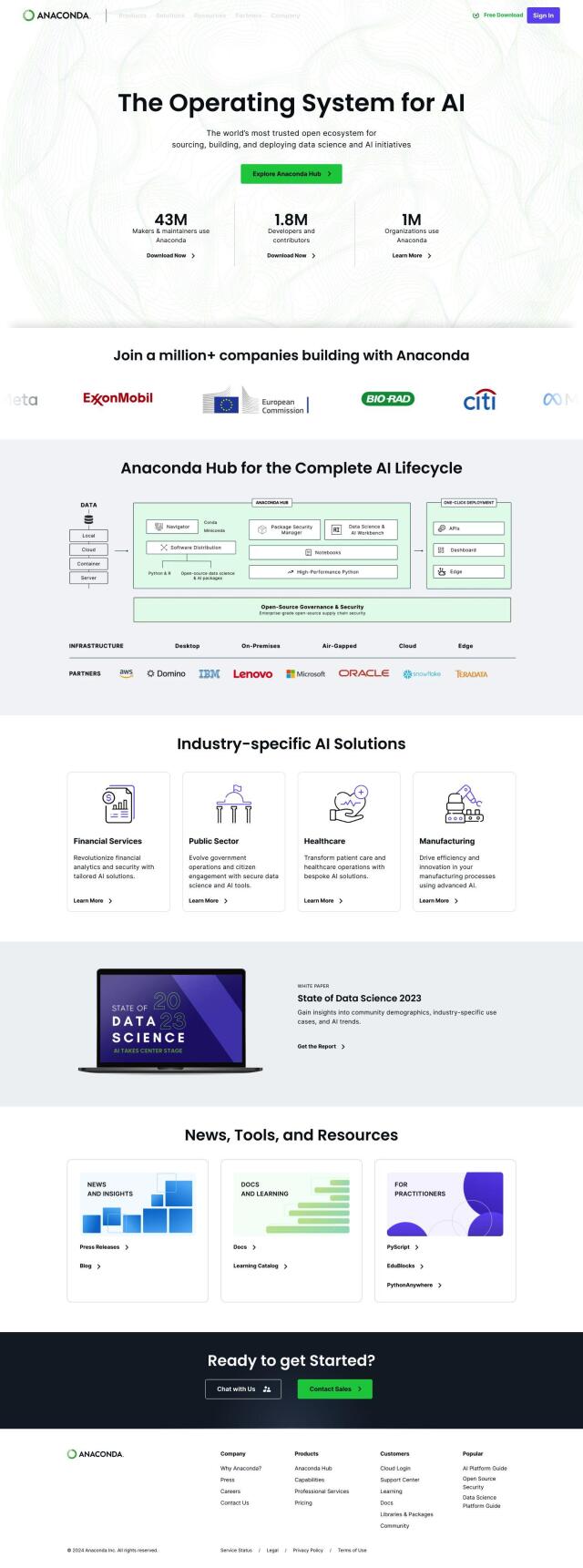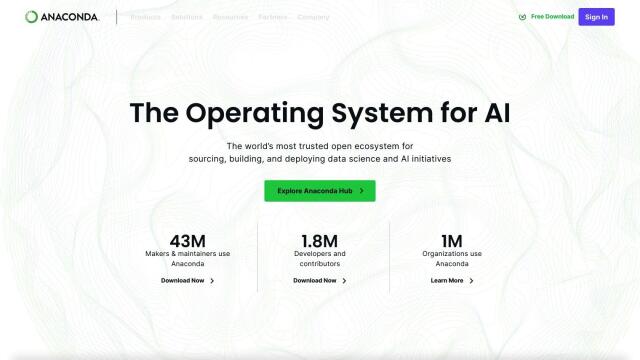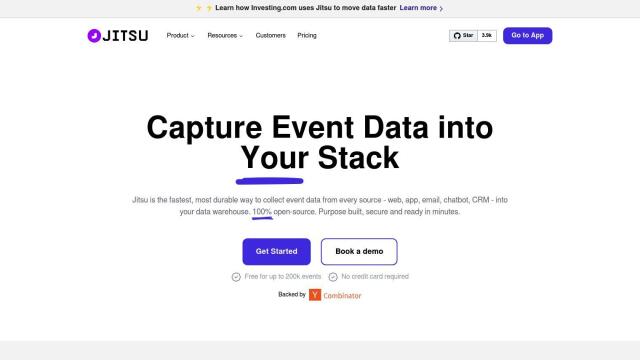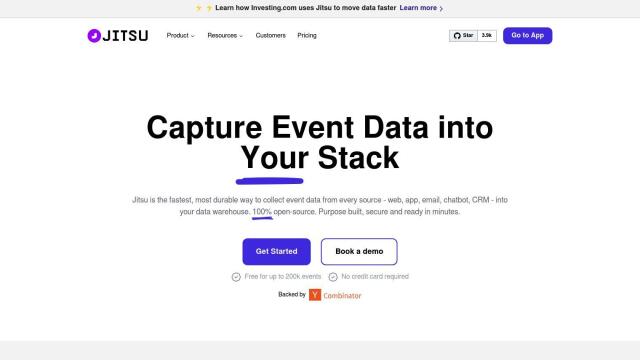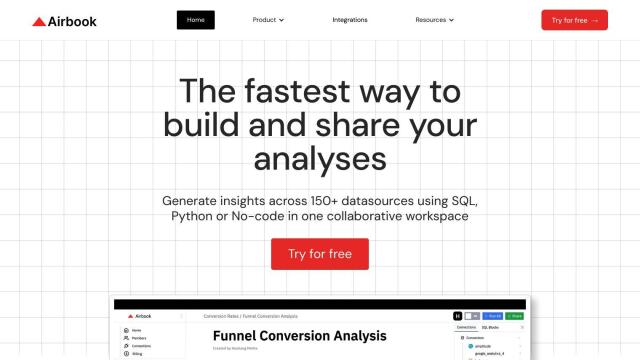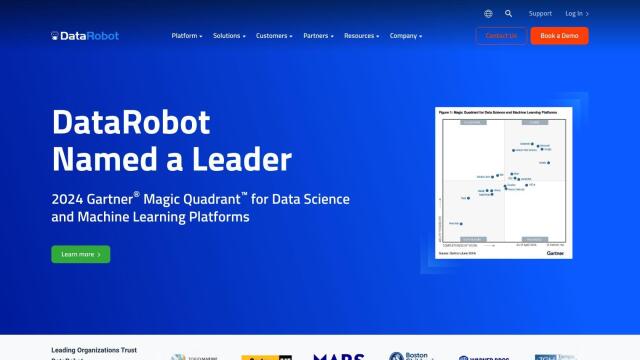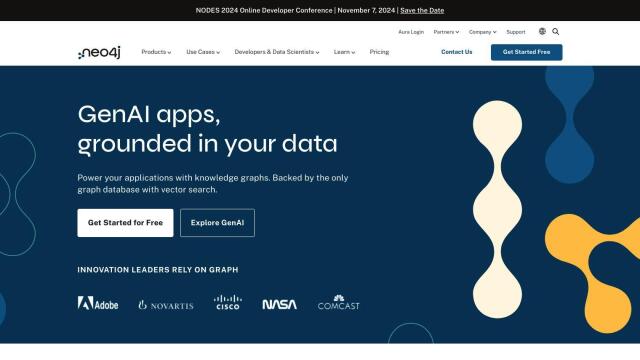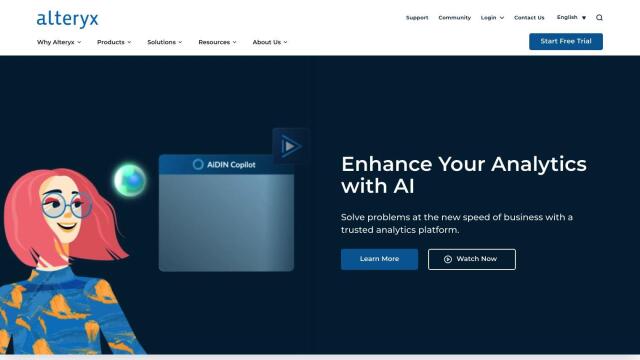Question: Can you recommend a data engine that provides flexibility and control over data processing and integration with existing tools?

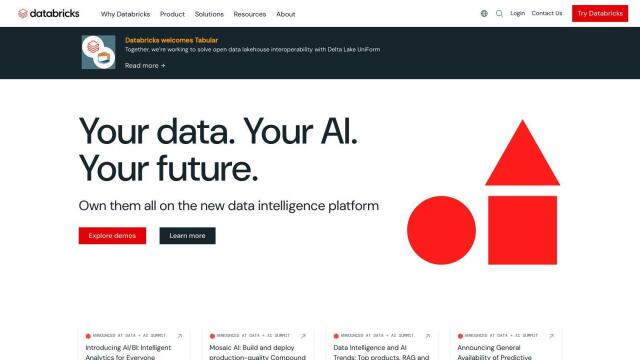
Databricks
For a data engine that offers flexibility and control over data processing with integration to existing tools, there are several options. Databricks is a generative AI-infused data engine that integrates data, analytics and governance so you can build, deploy and run AI applications directly against your data. With its lakehouse architecture, Databricks supports a broad range of tools and integrations, including ETL, data ingestion, business intelligence and AI, and offers a free trial for new users.
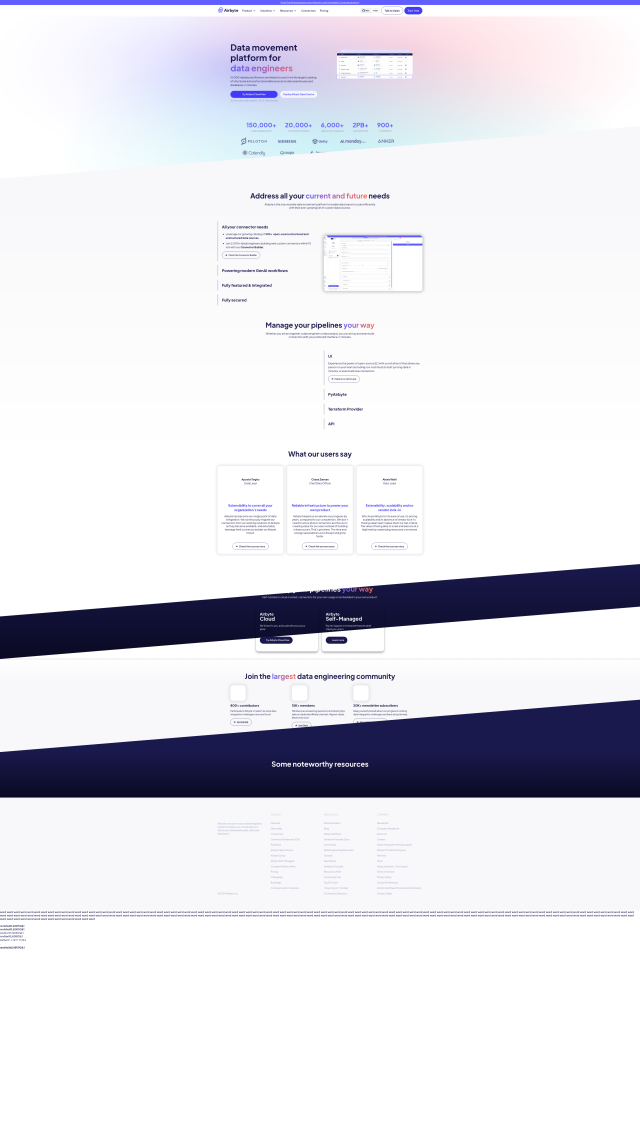
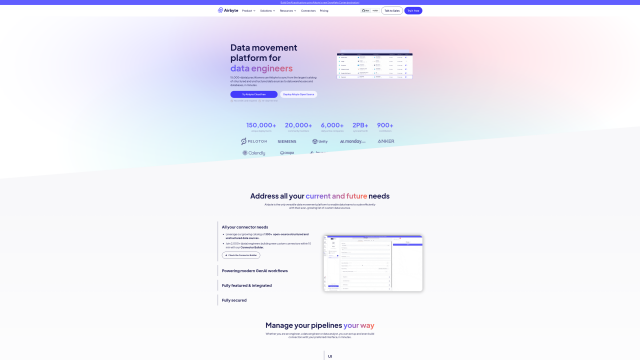
Airbyte
Another strong contender is Airbyte, an open-source data integration platform that can move data from more than 300 sources to many destinations. It has features like a Connector Builder for custom connectors, Extract Unstructured Data, and Integrations with popular platforms like OpenAI and dbt. Airbyte offers flexible deployment options, including cloud-hosted and self-managed options, and has strong security controls, making it a good fit for companies with a range of data integration needs.

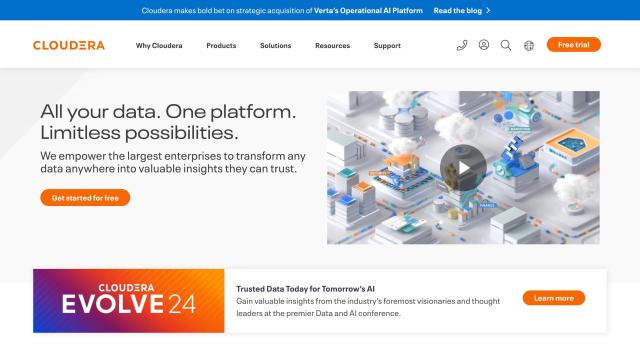
Cloudera
Cloudera is a hybrid data platform that securely ingests, processes and analyzes data in the cloud and on-premise environments. It can handle massive amounts of data from many sources, providing real-time insights and automated data pipelines. Built on Apache Iceberg, Cloudera's platform ensures data reliability and flexibility, letting you easily deploy and manage data lakehouses across multiple clouds, which can help break down data silos.

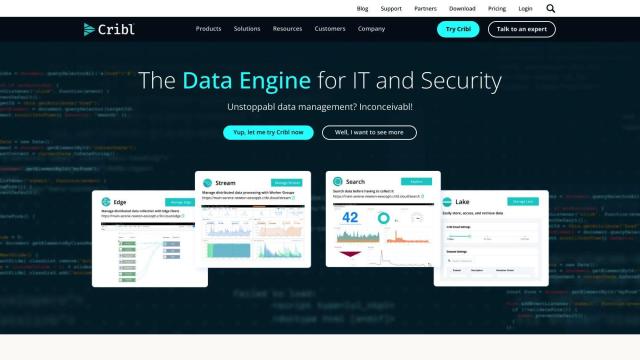
Cribl
Last is Cribl, which is geared for processing and analyzing massive amounts of IT and security data. It offers a family of products built around a single data processing engine, with support for many data sources and destinations. With features like Cribl Copilot for AI-assisted workforce empowerment and Cribl Lake for turnkey data lake services, Cribl offers flexibility and control over data management, making it a good fit for companies with high-volume data from many sources.

